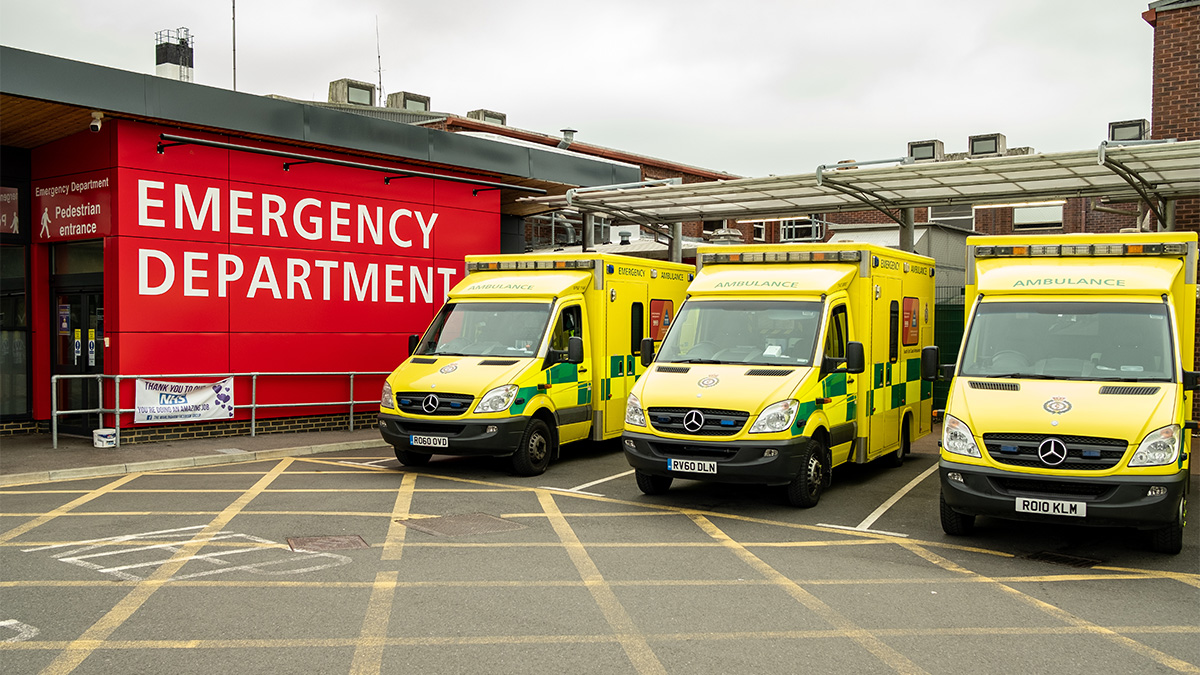
We need to talk about tax. Britain can no longer pretend it is a country that aspires to American tax rates and European levels of welfare.
A peace dividend that enabled governments to swap spending on guns and tanks for nurses and hospital beds came to an abrupt halt after Russia invaded Ukraine. Bolstering our defences won’t come cheap, while the bill to support an older, sicker population continues to grow.
Politicians have already tinkered and muddled their way through a series of economic shocks. But those have left deep scars in the form of a sclerotic economy saddled with higher debt, higher taxes and a bigger state.
Chancellor Rachel Reeves and her successors must now admit that in the absence of a growth fairy, there are two simple choices. Taxes on working people will have to rise substantially to pay for a bigger state. Or politicians will have to be prepared to make an even bigger admission: we simply can’t afford some of the things we have become used to.
The time for salami slicing is over. If a government with the biggest parliamentary majority since 1997 can't even trim a few billion pounds off a health and disability benefits bill that is on course to rise to £100bn, it doesn't bode well for changes to other state spending.
That must change. The tax burden is already on course to rise to its highest level in peacetime. The chancellor has chosen to balance the books on the backs of businesses through a steep rise in national insurance. Another major raid would send the wrong message to corporate Britain. It may even be the final nail in the coffin for some.
Nor can Labour pretend that somebody else will pick up the tab. The “rich” are often seen as a soft target. But one million top-rate taxpayers already pay roughly two-fifths of all income tax, equivalent to about £124bn in the last financial year, according to HM Revenue and Customs data. Do we really want to punish success and discourage entrepreneurship?
In some ways, Reeves has boxed herself in. Promises not to raise income tax, employee national insurance, VAT or the main rate of corporation tax means she is running out of options. Chuck in the fact that fuel duty has not increased for more than a decade and it means roughly £7 of every £10 in tax revenues can't be changed.
That leaves the chancellor to tinker with a more unpredictable set of tax rises, including capital gains, inheritance tax or a raid on pensions or non-doms. Few people can choose not to work. Many more can opt not to sell, save or even stay in the country. That would be bad for growth and tax revenues.
So, will Reeves break a manifesto taboo and increase taxes on working people? Demographic reality suggests this is inevitable. After all, projected spending on the state pension, other pensioner benefits, and health and social care is expected to climb from roughly 15 per cent of GDP now to 20 per cent in 2050, equivalent to an extra £150bn in today's terms.
Higher life expectancy is also no longer the silver bullet it once was. A recent report by the Institute for Fiscal Studies highlighted that between 1975 and 2020, the average life expectancy of a man at age 50 rose by roughly eight years from around 73 to around 81, meaning most men could expect to become octogenarians.
At the same time, the state pension age for men increased by just a year. Fast forward to today and more increases in the state pension are on the way.
The Office for Budget Responsibility, Britain's fiscal watchdog, warned last year that the pressures associated with an ageing population meant keeping the national debt at current levels of roughly 95 per cent of GDP would require tax rises or spending cuts of around 0.25 per cent of GDP — or £7.5bn every year from 2034. That's the equivalent of an extra penny on income tax, every single year, for the foreseeable future. Put that on top of a rise in defence spending and that is clearly not feasible.
The real question we must answer is what are we prepared to live without? I'm willing to bet the state pension will not be means-tested in my lifetime, but incentives to save more in a private pension are likely to be transformed.
Should almost all NHS services remain free or should work and health be more closely tied? Should people and employers be given a financial incentive to take advantage of private cover through their work, easing pressure on the health service without crossing the rubicon of more formal privatisation?
I have argued on these pages that the state will be reimagined in my lifetime. It will take a brave politician to make the changes needed to put the economy back on the right path. Or another crisis. Either way, a reality check is coming.
Related and recommended

Rohan Blacker looks back at his time with e-commerce pioneer Sofa.com and explains the thinking behind his latest online furniture project

Leaders must realise the tech revolution can achieve its full potential only when human values remain central to change

A closer look at the Northern companies turning artificial intelligence into measurable business results

Many argue the five-day week is no longer fit for purpose, but can a four-day week really work for businesses?

